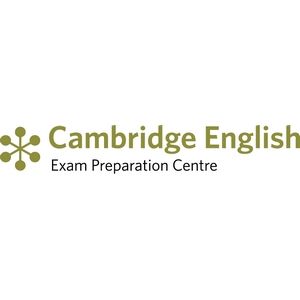
FCE
FCE Info and Recognition
Info and Recognition
FCE is at Level B2 of the Common European Framework of Reference for Languages and is frequently used as proof that the learner can do office work or take a course of study in the medium of the language being learned. Learners at this level can be assumed to have sufficient ability to operate effectively in English in many clerical, secretarial and managerial posts.
FCE has widespread recognition in commerce and industry, e.g. for public contact or secretarial work in banking, airlines, catering, etc. Many universities and other educational institutions recognise FCE for English language entrance requirements. More information about recognition is available from centres, British Council offices, Cambridge ESOL and from www.CambridgeESOL.org
Topics and skills
At this level, a learner should be able to handle the main structures of the language with some confidence, demonstrate knowledge of a wide range of vocabulary, and use appropriate communicative strategies in a variety of social situations. Their understanding of spoken language and written texts should go beyond being able to pick out items of factual information, and they should be able to distinguish between main and subsidiary points and between the gist of a text and specific detail. They should be able to produce written texts of various types, showing the ability to develop an argument as well as describe or recount events.
Can Do
Listening and Speaking
CAN follow a talk on a familiar topic.
- keep up a conversation on a fairly wide range of topics.
- ask for clarification and further explanation, and is likely to understand the answer.
- keep up a conversation on a fairly wide range of topics.
- ask for factual information and understand the answer.
- express own opinion, and present arguments to a limited extent.
- answer predictable or factual questions.
- check that all instructions are understood.
Reading and Writing
CAN scan texts for relevant information.
- make notes while someone is talking, or write a letter including non-standard requests.
- read the media for information quickly and with good understanding
- express opinions and give reasons.
- understand the general meaning of non-routine letters and understand most of the content.
- write a simple report of a factual nature and begin to evaluate, advise, etc.
- make simple notes that are of reasonable use for essay or revision purposes, capturing the most important points.
- present arguments, using a limited range of expression (vocabulary, grammatical structures).
Exam Parts
- Reading (1 hour)
- Writing (1 hour 20 minutes)
- Listening (40 minutes)
- Speaking (15 minutes in pairs)
- Use of English (45 minutes)





